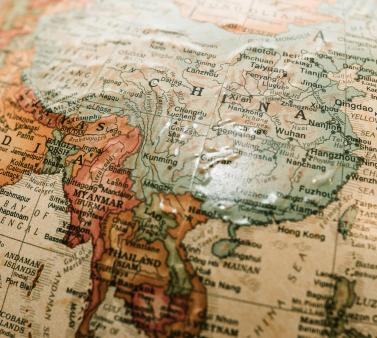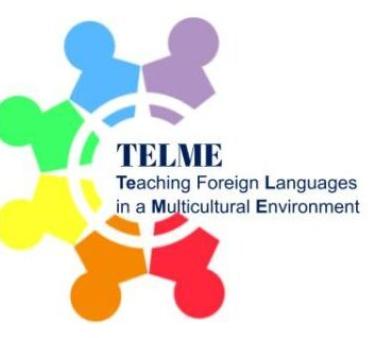This is made up of five pathways:
-
Leisure, tourism and innovation (Rennes 2)
-
Management of sports organizations (University of Poitiers)
-
Policies, expertise and development of sports services (University of Nantes)
-
Events, sports and local development (UCO (Université Catholique de l’Ouest) – IFEPSA (Institute of Physical Education and Sports Sciences))
-
Sport and territories (University of Western Brittany)
Objectives
The Sports Management specialization aims to train future operational and progressive managers to work in sports organizations in the commercial and non-commercial sectors at local, regional, national and international levels. These managers will be able to hold strategic and operational management positions in both private and public sector sports organizations.
The training course is coordinated by several neighbouring institutions and is broken down into pathways according to the professionalization issues and strategies specific to each campus. It is a shared training offer, made up of five complementary pathways, reflecting the diversity of stakeholders and opportunities in the sports management sector and the corresponding training needs. The pathways are oriented towards potential employment areas in consultation with the degree’s socio-economic environment.
The training objectives thus respond to the expectations of the socio-professional stakeholders in the sector.
The Sports Management, Leisure, Tourism and Innovation Master’s Degree has close links with research. It is supported by the VIPS2 Laboratory (Violence, Innovations, Politics, Socializations and Sports - EA 4636).
Skills
The training is organized around four semesters (M1 + M2), based on modules based on the acquisition of common skills applicable to all sectors of activity corresponding to the national inventory of professional certifications (RNCP) reference sheet (http://www.c3d-staps.org/download/rncp/rncpM_MS.pdf).
These are scientific, managerial and sporting skills, enabling integration into sports, tourism or leisure sports organizations.
The main skills targeted by the Master’s Degree in Sports Management, Leisure, Tourism and Innovation are:
-
Analysis of the sports system and its environment;
-
Proficiency in using expert sports management tools;
-
Understanding sports leisure management techniques and tools;
-
Analysis of the policies and markets of sports leisure and sports tourism;
-
Development of sports and tourism project engineering;
-
Mastery of the survey, production and data analysis methods in sports management;
-
Management of human resources in sports and tourism organizations;
-
Mobilization of marketing and communication in the field of sports leisure;
-
Understanding new markets and sports and tourism innovation;
-
Territorial development through sports leisure and tourism;
-
Analysis and assessment of sports and tourism organizations;
-
Consideration and analysis of sports management tools and instruments;
-
Conducting a research project related to the professional project;
-
Building and developing a professional project in the sports management field;
-
Proficiency in a foreign language.
Course Content
The course is structured around common Teaching Units (UEs) with a progressive specialization by pathway. In addition, an elective is available in the first semester of Master 1 (the first week of December is blocked on all campuses) to allow student mobility and to make it possible for students to move between the other pathways of this degree.
Professionalization is at the heart of the Sports Management degree. The degree policy aims for a strong integration of industry professionals chosen according to their skills in the different sports management sectors and also to foster internship and student integration. There are numerous partnerships with the socio-economic world, including local / territorial authorities, federations / leagues and clubs and private companies.




